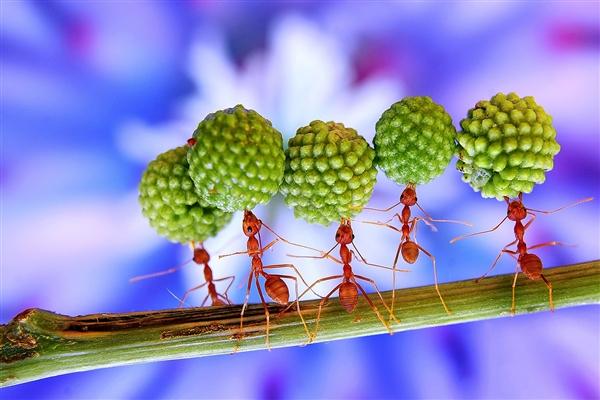Srila Prabhupada, April 18, 1973: Yes. Everything is relative. You have your body, your duration of life, and your intelligence, and the ant has his. Both we and the ant live for one hundred years, but the length of our hundred—year life—span is relative to our bodies.
Even Brahma, the longest—living entity in this universe, lives for one hundred years. To us the ant’s life-span may seem only a few days. In the same way, on other planets with atmospheres different from the earth’s, there are life-forms suited to those conditions. But the scientists try to view everything according to the relative conditions of planet earth.
This is nonsense. Why are they doing that? If the whole cosmic manifestation follows the law of relativity, how can the scientist say that the conditions of this planet must apply to life on other planets? The Vedas instruct us that knowledge must always be considered in terms of desa-kala-patra. Desa means “circumstances,” kala means “time,” and patra means “the object.”
We must understand everything by taking these three elements into consideration. For example, a fish is living very comfortably in the water, and we are shivering on the shore of the sea. This is because my desa-kala-patra and the fish’s desa-kala-patra are different.
But if we conclude that the sea gulls will also shiver in the water, that is nonsense; their desa-kala-patra is again different. There are 8,400,000 different species of life in the material cosmic manifestation, and each species must adjust to circumstances differently.
Even on this planet, you cannot go live comfortably in Alaska, although it is America. Similarly, the living entities enjoying life in Alaska do not come here.
Karandhara. Relativity, then, is based upon our individual situation.
Srila Prabhupada. Yes. Therefore it is said that what is food for one is poison for another.
Brahmananda Swami. Because scientists cannot survive on the moon, they think no one else can.
Full Conversation








Speak Your Mind